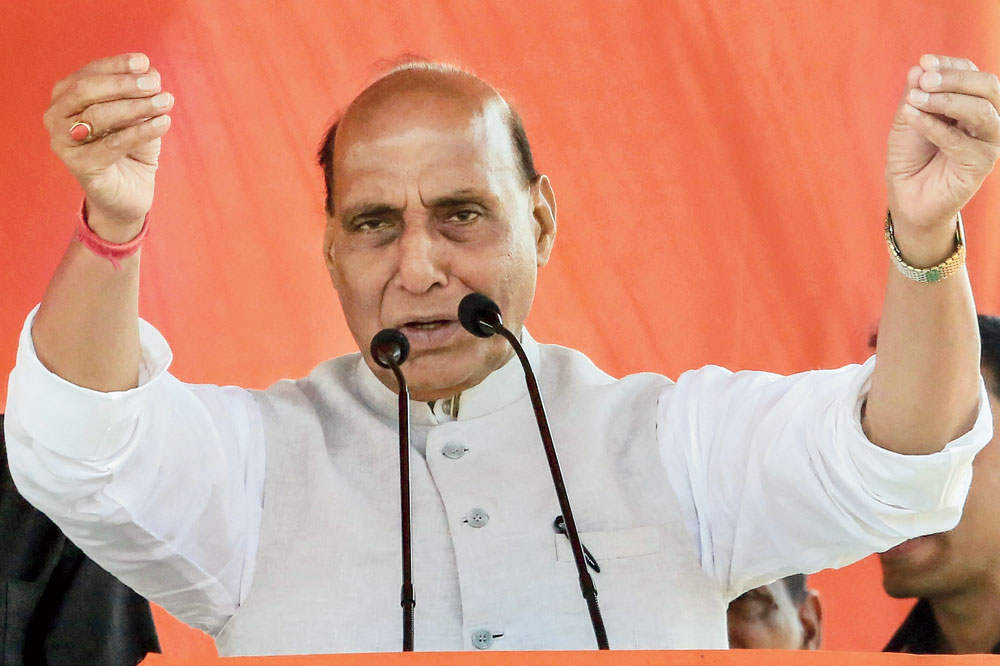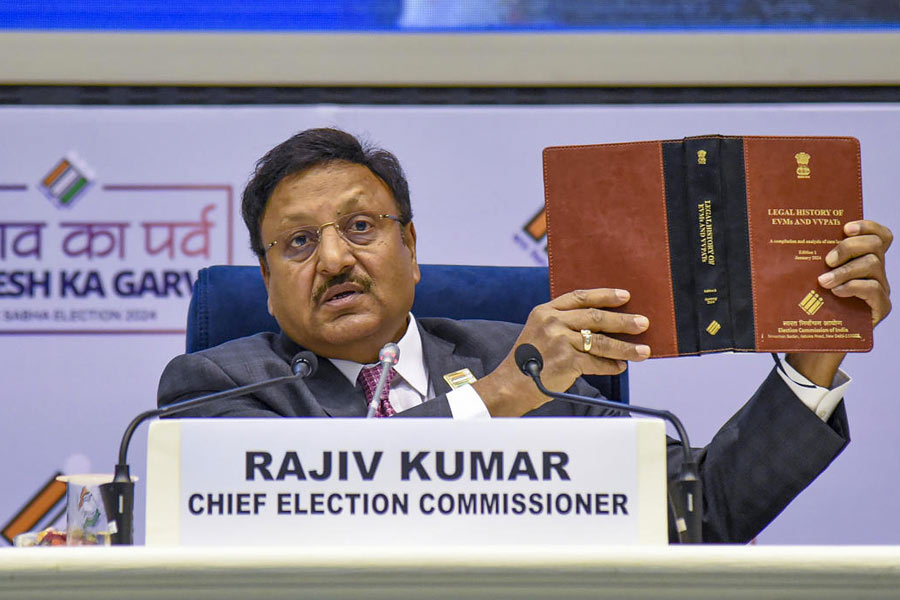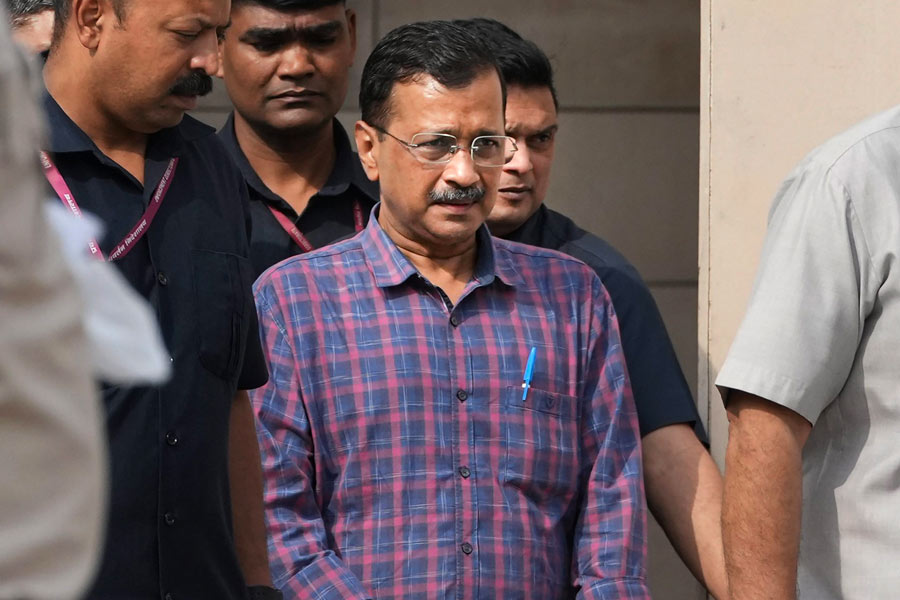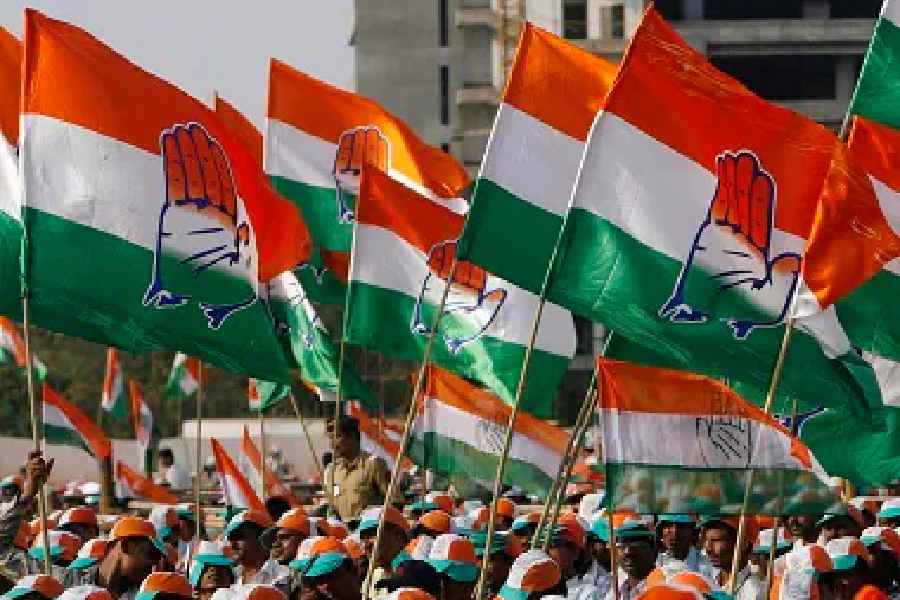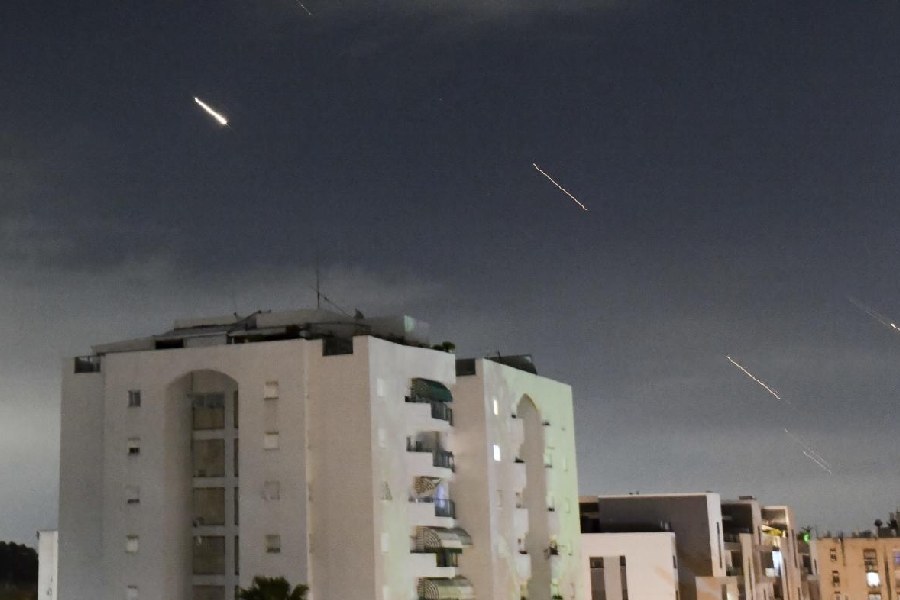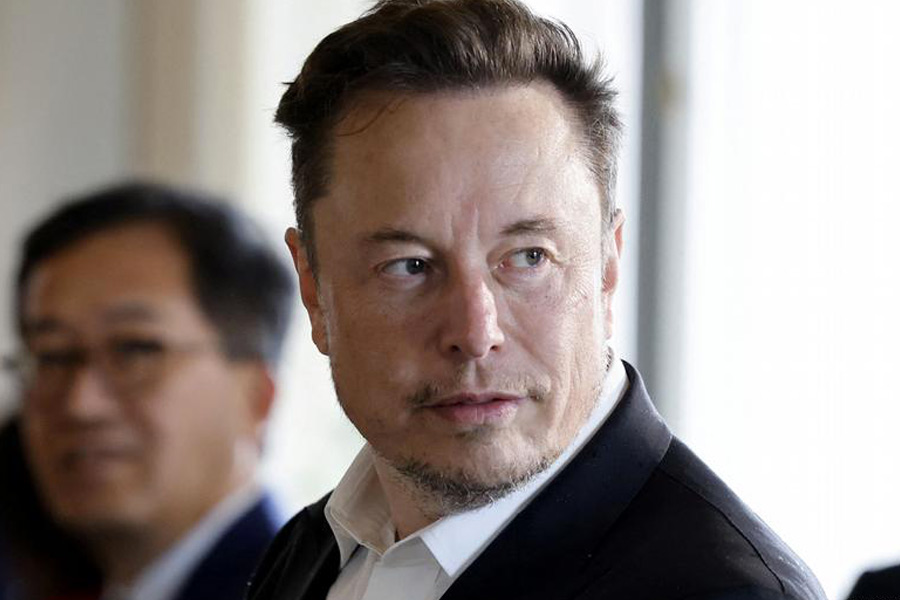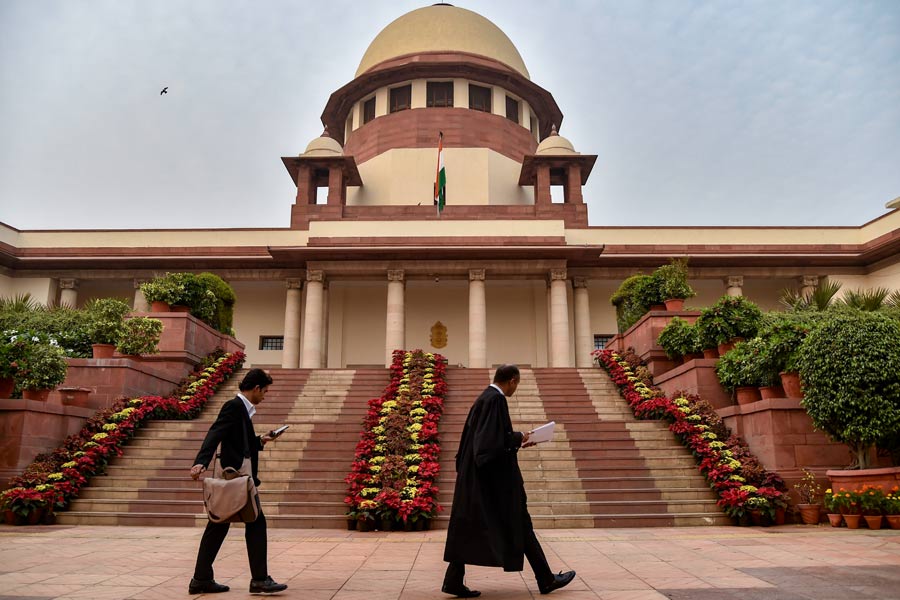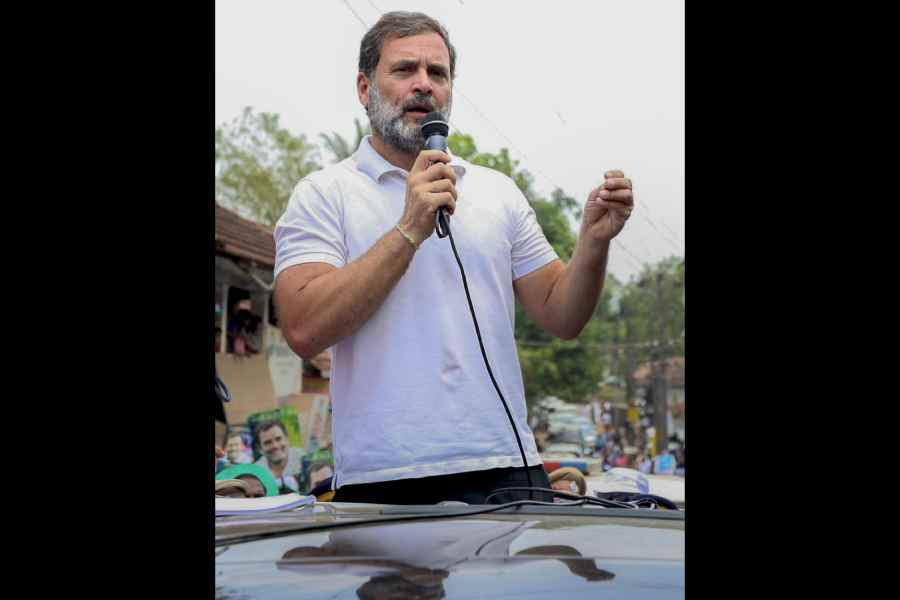Defence minister Rajnath Singh’s tweet hinting India could in future abandon its no-first-use doctrine on nuclear weapons is in line with what others have argued but not a policy change yet, experts said on Friday.
Rajnath, after a visit to Pokhran, the site of India’s nuclear weapons tests in 1998, tweeted: “Pokhran is the area which witnessed Atal (Bihari Vajpayee) Ji’s firm resolve to make India a nuclear (weapon) power and yet remain firmly committed to the doctrine of “No First Use.”
“India has strictly adhered to this doctrine. What happens in future depends on the circumstances,” Rajnath wrote about the NFU policy released in a draft doctrine in August 1999 and cemented through an official doctrine in January 2003.
Sections of nuclear and strategic affairs specialists said any radical change in the NFU doctrine was unlikely to be released through a post on Twitter. Others assert that India’s NFU policy assures stability in the subcontinent without real risk to the country.
India’s NFU doctrine spelled out the contingencies under which it would use nuclear weapons: when Indian territory is under nuclear attack or when Indian forces outside India are under such an attack.
“There is no change in the NFU policy yet,” said Rajeswari Pillai Rajagopalan, senior fellow and head of the nuclear and space policy initiative at the Observer Research Foundation. “From the (defence minister’s) statement, I will not conclude that there has been any change or dilution here.”
Some also argue that it is in India’s interest to maintain its NFU doctrine.
“India’s capabilities in C4ISR (command, control, communications, computers, intelligence, surveillance and reconnaissance) have enhanced significantly over the past two decades,” said Arun Vishwanathan, associate professor at the Centre for Security Studies at the Central University of Gujarat, Gandhinagar.
“With such strong capabilities for surveillance and reconnaissance, India really does not need to launch a first strike,” Vishwanathan told The Telegraph. “The country’s triad is equipped to respond to a nuclear strike in response to an adversarial attack.”
However, some nuclear strategy analysts have pointed out that influential strategists and policy-makers have earlier argued that India should abandon the NFU policy.
M.V. Ramana, a strategic affairs specialist at the University of British Columbia, Canada, is among those who have argued that India’s NFU policy is neither stable nor a reliable predictor of how the Indian military or political leadership might actually use nuclear weapons.
“Despite the formal NFU policy, there is reason to worry that when push comes to shove, India might well use nuclear weapons first, especially in a military crisis,” Ramana and collaborator K. Sundaram wrote in a 2018 paper on India’s NFU policy.
Ramana and Sundaram have pointed out that the BJP’s 2014 election manifesto had indicated that the government would “study in detail India’s nuclear doctrine and revise and update it to make it relevant to challenges of current times”.
Their paper also cites a 2016 commentary from a former commander-in-chief of strategic forces command, Lieutenant General B.S. Nagpal who they say appeared to argue that India should choose between “preemption, launch-on-warning and launch-on-launch”.
Analysts explain that launch-on-warning means India would strike when it learns about an imminent nuclear attack and launch-on-launch means India would launch only after an adversary has launched, but before the weapons have reached India.
India and China are the only countries that possess nuclear weapons and have declared NFU doctrines.

